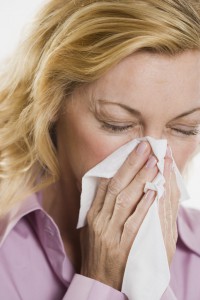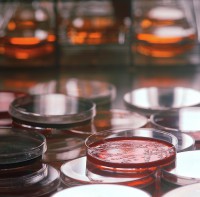
That cancer risk dramatically increases with age is a known fact. But why that is so has puzzled scientists. The general assumption has been that living longer simply increases our exposure to cancer-causing agents. However, a new study recently published in the journal Nature Cell Biology indicates that the very process of aging may play a major role in the connection between increased cancer risk and aging.
In studying the aging process of connective tissue cells, called fibroblasts, a team of Scottish researchers discovered aging cells exhibit many of the same DNA changes that occur in cancer cells. As explained on arstechnica.com, as we age our cells go through a process called senescence which causes changes to the epigenome. The epigenome consists of the proteins and biochemical compounds that attach to and can alter our DNA. While not actually part of our DNA, epigenetic alterations can be passed from cell to cell during cell division.
When aging cells enter senescence, changes in the epigenome direct cells to stop dividing; however, as cells age they begin to lose control over their epigenome, leaving it more vulnerable to modification. Scottish researchers discovered that the epigenetic modifications that occur during senescence are remarkably similar to the epigenetic changes observed in cancer cells. Scientists hope the revelation will take them a step closer to solving the puzzle of how cancer cells are able to continue multiplying and ignore genetic imperatives to stop dividing.
Like the tumor microenvironment targeted by Issels integrative immunotherapy, the epigenome may turn out to play a surprising role in cancer treatment.





